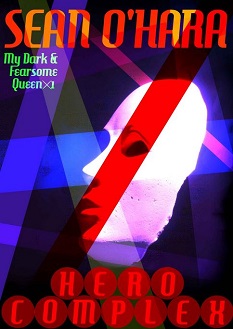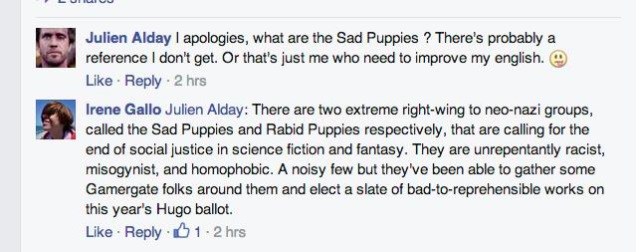Quick, which famous cyberpunk novel is recapped here:
On one of those, this is a heist or caper story, in which a group of characters has been assembled to steal a valuable property (in the event a computer hard drive) from the advanced computer of a powerful transgalactic corporation, whose headquarters is based on a satellite in space. In fact, this ostensible corporate theft turns out to be an elaborate screen for something quite different, namely the junction of the two gigantic computers of these rival corporations, and their unification into the most powerful force in the universe (a story not without its family likeness to Ray Kurzwell’s influential fantasy of the post-human “spike,” and in fact already filmed in the 1970 Colossus: The Forbin Project).”
Fredric Jameson thinks it’s Neuromancer. His essay was linked to on Mefi last night and the extract annoyed and intrigued me in equal measure:
“I merely want to remind us that cyberspace is a literary invention and does not really exist, however much time we spend on the computer every day. There is no such space radically different from the empirical, material room we are sitting in, nor do we leave our bodies behind when we enter it, something one rather tends to associate with drugs or the rapture. But it is a literary construction we tend to believe in; and, like the concept of immaterial labor, there are certainly historical reasons for its appearance at the dawn of postmodernity which greatly transcend the technological fact of computer development or the invention of the Internet.”
It’s a conclusion that you could argue is (trivially) true but misses the point of cyberspace and it would be interesting to follow Jameson’s reasoning, but if he’s wrong about something as fundamental to the argument as the plot of the novel he’s basing his critique on and something so trivially checkable, how can I trust the rest of his argument, that he’s honest or careful with the rest of his sources?

